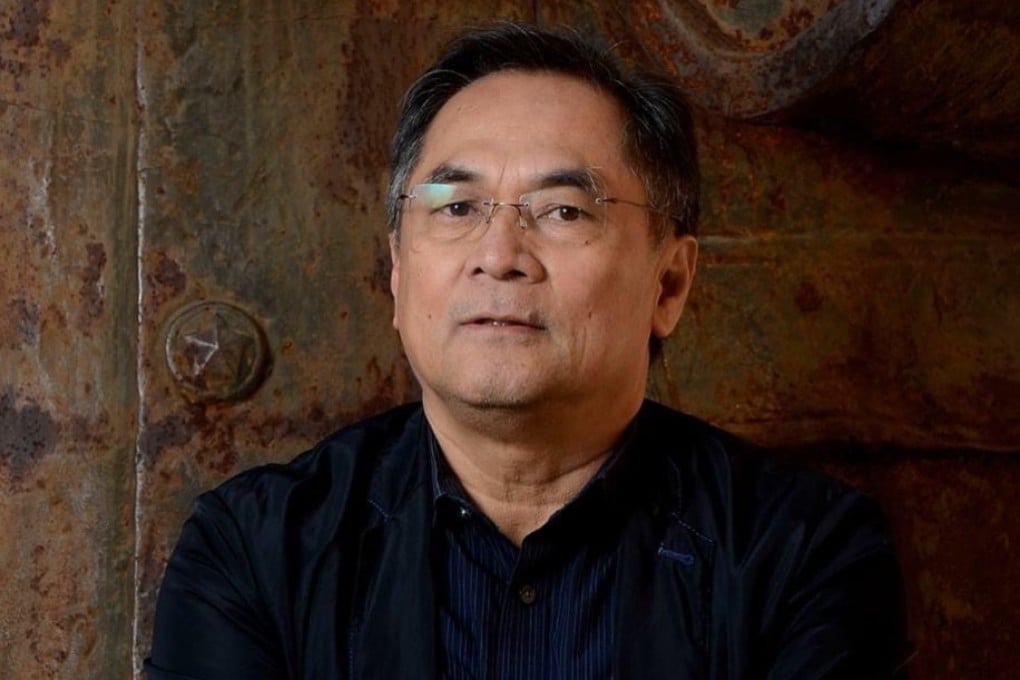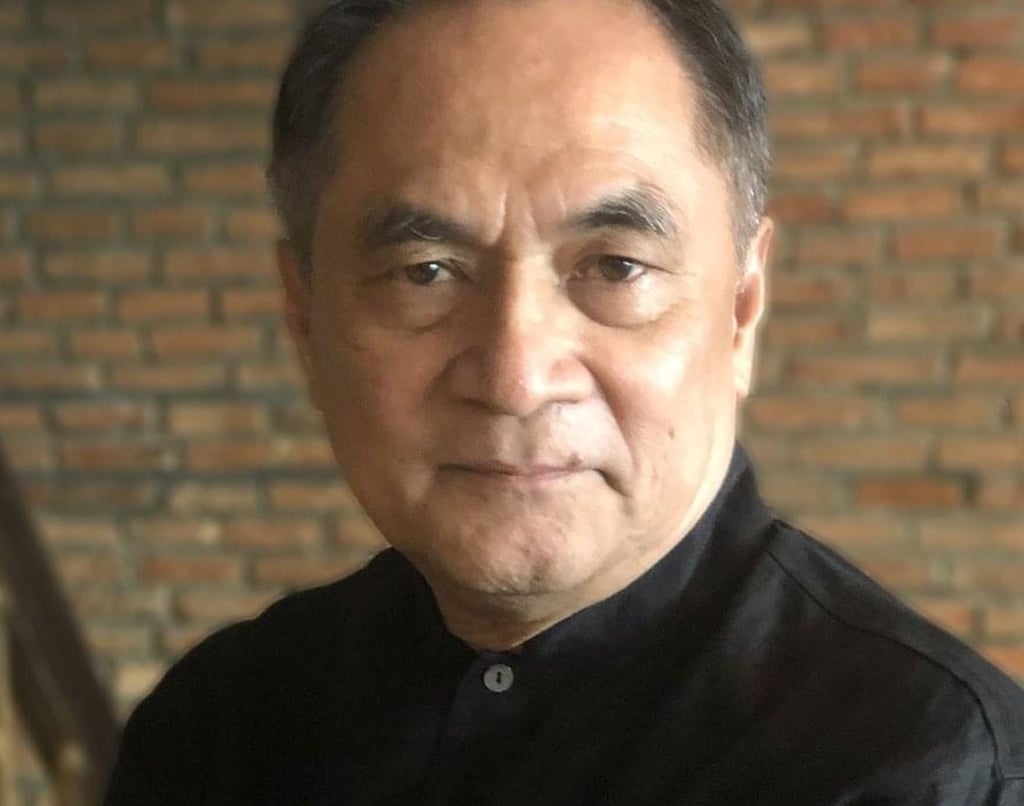Former Filipino exile Jaime FlorCruz who joined the Cultural Revolution slated to be Manila’s envoy to Beijing
- Jaime FlorCruz and a group of ‘subversives’ defied a government ban 51 years ago and travelled to China leading to their exile under Ferdinand Marcos Snr’s rule
- During his time in China, FlorCruz joined the Cultural Revolution, then attended Peking University at the same time as politicians Bo Xilai and Li Keqiang


FlorCruz’s life took an unexpected turn 51 years ago when he, Santa Romana and 13 other young radical activists, who were then fighting against Marcos Snr, defied a government ban against travel to China by going there for a three-week study tour.
A bombing in Manila landed five members of the group, including FlorCruz and Santa Romana, on a most-wanted list of “subversives”, forcing them into self-exile. This was even though the blast went off late on August 21, 1971, a day after their departure.
From then on, the banned Red Book of Chairman Mao Zedong became more than theoretical for FlorCruz as the exiles opted to join the Cultural Revolution and work in the countryside like millions of young Chinese. The exiles were sent to Hunan, Mao’s birthplace, where the romance of the revolution was dampened for FlorCruz by harsh reality.
In his memoir published in July, The Class of ’77: How My Classmates Changed China, FlorCruz wrote how he had to learn to light a primitive stove, layer bulky clothing to ward off his first-ever winter, and carry buckets of human waste from latrines to vegetable plots.